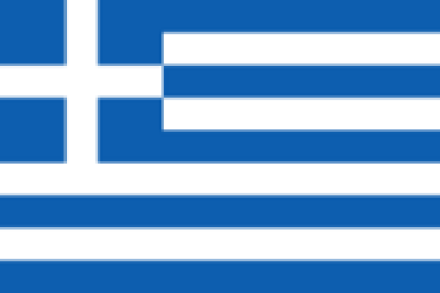Just in case you missed them… | 31 May 2011
…here are some of the posts made at Spectator.co.uk over the Bank Holiday weekend. James Forsyth says you couldn’t make the Wayne Bishop story up, and wonders if Sarah Palin is about to launch a bid for the Republican nomination. David Blackburn reveals the unlikely triumvirate opposing the government’s energy policy, and argues that the Shoesmith case is about much more than the tragedy of Baby P. Daniel Korski is back in Cairo, finding out where the Egyptian revolution has got to. And Melanie Phillips says that Cameron has been drinking the Kool-Aid.

















